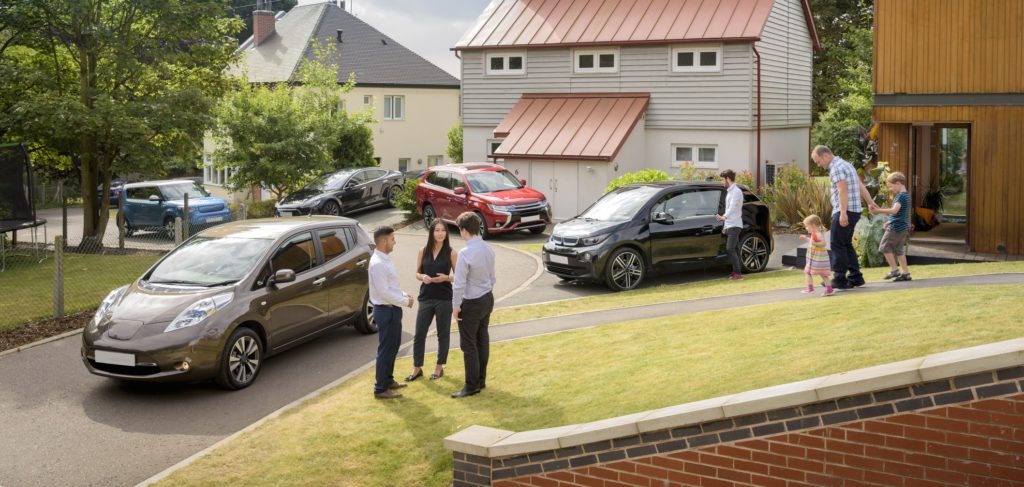Green conditions possible for scrappage schemes
24 April 2020

24 April 2020
Carmakers are calling on the European Commission’s executive to incentivise vehicle sales as coronavirus (COVID-19) lockdowns cause registration figures to tumble.
At the same time pressure from campaigners, politicians and investors is mounting to use green investments to help restart growth and deliver on climate targets. Frans Timmermans, the EU climate commissioner said the bloc could respond to both calls, Reuters reported.
Good for industry, jobs and environment
′We see the automotive industry asking us to help them, by helping households to afford a new car,’ Timmermans said in a video call with EU lawmakers. ′But why don’t we do this with ecological scrappage schemes, replacing an old and dirty car with a cleaner, even zero-emission one?’
By adding green conditions to scrappage schemes, Timmermans believes that factories would receive a boost while the most polluting cars get taken off the road. ′It’s good for the car industry, it’s good for jobs, and it’s good for the environment.’
Last week the European Automobile Manufacturers’ Association (ACEA) published guidelines on how to re-launch the automotive industry. As part of their four-part guide, ACEA identified the need to stimulate market demand with the introduction of fleet renewal schemes.
′A dedicated EU-wide fleet renewal scheme for all vehicle categories would be needed to help re-launch demand for the latest vehicle technologies’ the association said.
Green demands
Meanwhile, environmental lobby group Transport and Environment (T&E) has warned that without green oversight from the EU, scrappage schemes could end up supporting demand for more polluting vehicles.
T&E clean vehicles director, Julia Poliscanova told Reuters that, ′the European Commission must issue clear, binding guidance to member states that state aid such as scrappage schemes must target the sales of zero-emission vehicles.’
William Todts, Executive Director at T&E, said yesterday that a lot of lip-service was being paid to the idea of a green recovery plan, but that talk was cheap. He outlined the need for an unprecedented response to the crisis. ′Now is the time to go all in. It may well be our only chance to exit the crisis greener, stronger and more united.’
Timmermans did say the EU would have an ′open ear and an open mind’ for those industries up against serious challenges. But he went on to warn that the Green Deal plan to get the EU climate neutral by 2050 is not a disposable luxury that could be thrown aside due to the pandemic.
′It would be a dereliction of duty, not to insist on the Green Deal as a growth strategy to get us out of this crisis,’ he said.
Scrappage schemes may suffer
While scrappage schemes could aid the automotive industry in this troubled time, how green they are could impact their success.
Electric vehicles tend to have higher upfront costs, and with COVID-19 costing people their jobs or reducing their incomes through furloughed pay, there may be less willingness to fork out higher sums for greener cars. This could mean consumers holding onto their older vehicles, in an attempt to get as much out of them as possible. In turn, this would mean older, more polluting cars being on the roads for longer.
With businesses locking down their offices in response to COVID-19, more workplaces could realise the post-lockdown potential for more employees to work from home. With less travelling to and from places of work, fewer consumers may look to replace their older vehicles.
To promote the sale of greener vehicles, scrappage schemes will need to be combined with attractive discounts and/or long-term financial incentives like payment plans to combat these effects. This would allow consumers to not only offload an older more polluting vehicle but also to enjoy a new cleaner one at a more affordable price, promoting the purchase decision in the first place.